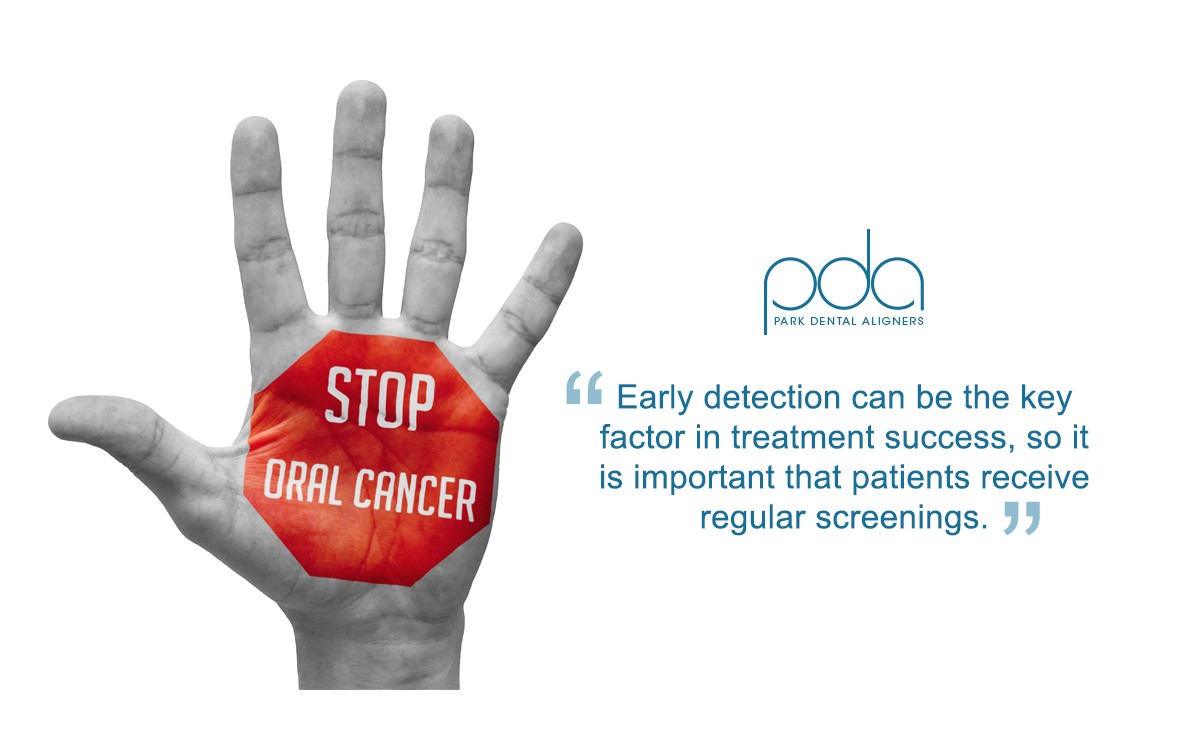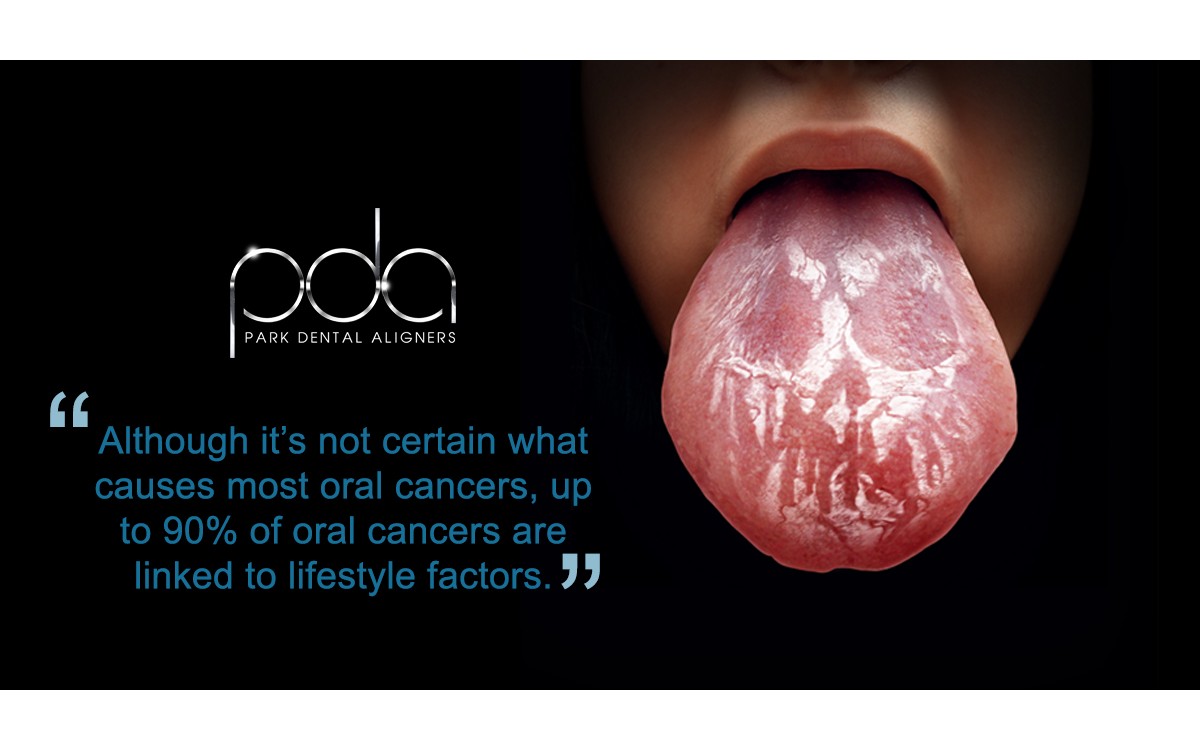November is Oral Cancer Action Month. This is the second part of our series concerning oral cancer awareness.
The chances of developing oral cancer can be reduced when certain risk factors are reduced or removed. Early detection can be the key factor in treatment success, so it is important that patients receive regular screenings. Along with regular dental cancer screenings, patients can regularly check themselves.
Often, during the early stages of mouth cancer, there are no signs or symptoms. However, the following is a list of common signs and symptoms that may be used for professional or self-diagnosis.
Swelling or Lumps
Initial signs of developing mouth cancer are noticeable swellings, lumps, or rough spots that remain present for more than three weeks. These may be noticed on the mouth, neck, or jaw.
Lesions or Discolored Patches
Lesions appear as red (erythroplakia) or white (leukoplakia) patches with a velvety texture. They are usually one of the first indications of oral cancer. If they do not heal within three weeks, it is highly probable that oral cancer is starting to develop.
Trouble Chewing or Swallowing
During the initial stages of oral cancer, it is common to experience trouble with chewing and swallowing, jaw or tongue movement, and speaking. These problems should promptly be checked by a doctor.
Sores Around Mouth, Neck, or Face
Sores on the mouth, neck, and face that bleed persistently and do not heal within two weeks need to be examined.
Incessant Bleeding
Another sign of oral cancer is constant bleeding in your mouth which does not have any known causes.
Loss of Sensation
Loss of feeling or pain in areas like your mouth, neck, face and ear are other indicators that oral cancer could be developing.
Chronic Sore Throat
Oral cancer patients also experience persistent sore throats in the early stages. A lump in your throat can also accompany a sore throat. Once this symptom shows up, it is best to get it checked out by a doctor as soon as possible.
Other potential signs indicating oral cancer that you may report to your doctor include:
- Lump or node in the soft oral tissues
- Tenderness or a choking feeling in the throat
- Pain in the Ear
- Hoarseness in the voice
- Numbness of the tongue or other portions of the mouth
- Swelling of the jaw
- Poorly fitting or uncomfortable dentures
A thorough physical examination should be performed on a yearly basis by an oral healthcare professional. Self-exams can be performed regularly, or as signs and symptoms arise. If symptoms persist longer than two to three weeks after treatment, a medical exam and further tests may be required.
This is Part 2 of our series on Oral Cancer Awareness. Read Part 1: Mouth Cancer Risk Factors or Part 3: Treatment and Reducing Risk



